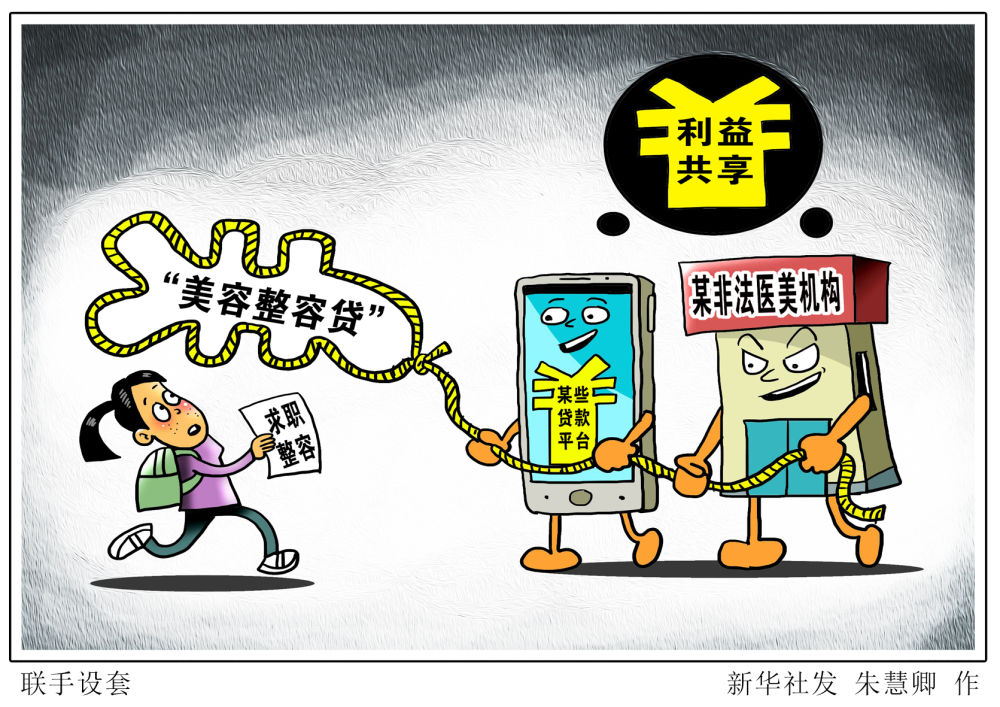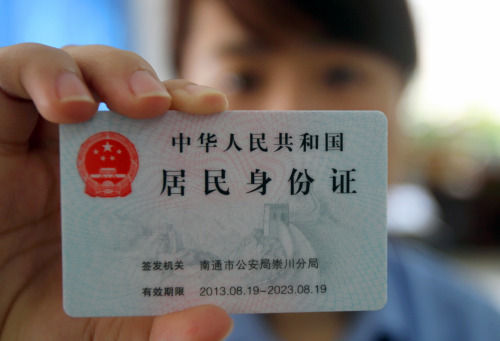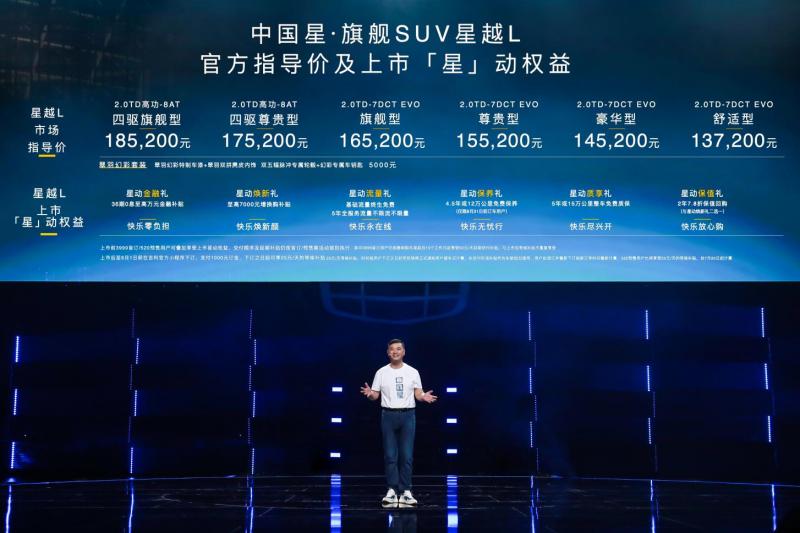The State Council on the settlement of China United Communications Co., Ltd.
Reply on issues related to development
National letter [1997〕39number
State Economic and Trade Commission, State Planning Commission, State Commission for Economic Restructuring, Ministry of Posts and Telecommunications, Ministry of Electronics, Ministry of Electric Power, Ministry of Railways, China United Communications Co., Ltd.:
The State Council agreed in principle with the State Economic and Trade Commission, the State Planning Commission and the State Commission for Economic Restructuring "Investigation Report on Solving the Development Problems of China United Communications Co., Ltd.". The reply to the relevant questions is as follows:
I. China United Communications Co., Ltd.(Hereinafter referred to as China Unicom.)It is an economic entity with independent management, independent accounting, self-financing, self-development, self-restraint and legal personality; It is the second national large-scale state-owned telecom enterprise operating basic telecom services and value-added services in China. China Unicom communication network is a public communication network that provides communication services to the public, and it is an organic part of the national public communication network. At present, the Ministry of Posts and Telecommunications belongs to China General Administration of Posts and Telecommunications.(Hereinafter referred to as China Telecom.)The communication network is the main body of the national public communication network, and China Unicom communication network is an important supplement. Both networks are responsible for interconnection and ensuring the interoperability of various telecommunications services. As the functional department in charge of the communication industry in the State Council, the Ministry of Posts and Telecommunications should speed up the reform according to the principle of separating government from enterprise, create conditions for fair competition of post and telecommunications enterprises, treat China Unicom and China Telecom equally, strengthen guidance, do a good job in coordination, and give China Unicom more support to some extent. China Unicom communication network should obey the unified dispatch and management of the state, and ensure the integrity, unity, advancement and security of the national public communication network. China Telecom, as the main operator of the national public communication network with strong strength and long operation time, should take the initiative to do a good job of interconnection and intercommunication with China Unicom communication network. China Unicom and China Telecom are both state-owned enterprises engaged in basic telecom services. Under the industry management of the Ministry of Posts and Telecommunications, they are responsible for the operation and management of their respective communication networks. Under the conditions of socialist market economy, the two sides have both competition and cooperation, forming a competitive mechanism conducive to promoting the development of China’s telecommunications industry. Both sides should conscientiously implement the state’s industrial policies and obey the state’s macro-management.
Two, China Unicom in addition to continue to operate wireless communication services and value-added services.(Communication with data)Outside, in the operation of domestic long-distance calls, local calls and international long-distance calls and other basic telecommunications services, according to the following principles:
(one)Domestic long-distance telephone service. China Unicom should make full use of the surplus capacity of railway, electric power and other private networks and other social infrastructure, and form a trans-regional public long-distance communication network by itself by means of leasing, co-construction and partial construction, and interconnect with China Telecom communication network to provide long-distance service to the society. When China Unicom uses the surplus capacity of railway, electric power and other special communication networks and other social infrastructure to carry out networking transformation, the relevant units should actively support and cooperate, and provide corresponding resources at preferential prices.
(two)Local telephone service. It is agreed that China Unicom should first select Tianjin, Chongqing and Sichuan to set up a local telephone network and operate local telephone services, and gradually promote it in a planned way on the basis of summing up experience. China Unicom in Beijing, Shanghai, Guangzhou and other cities have been built and will soon be built long-distance telephone and local telephone interface tandem office, to adjust measures to local conditions, as soon as possible to carry out business, play a benefit, and please post and telecommunications departments to give active support. China Unicom launched.110、119、120、122And other public welfare special services, in principle, should be self-built direct special service trunk line, directly provide services to users, but in the initial stage, the post and telecommunications departments should promptly provide trunk lines to China Unicom, so that it can open special services as soon as possible.
(three)International long distance service. Therefore, this business involves national security, and the technology is complicated, so it will not be considered at present. Please ask the State Economic and Trade Commission, together with the State Planning Commission and the State Commission for Economic Restructuring, to conduct a special study on this issue and submit their opinions to the State Council for approval. At present, the problem of international telephone charges sharing and settlement between China Unicom communication network and China Telecom communication network should be studied and solved by the State Planning Commission.
Third, in order to solve the problem of insufficient funds for the construction of China Unicom, in the early stage of development and construction, foreign capital can be utilized in an appropriate way, but the relevant provisions of the state must be observed. For the "Chinese-foreign" financing method currently implemented by China Unicom, the State Planning Commission and relevant departments are requested to study and standardize it as soon as possible. Under the principle that the proportion of foreign capital should not be higher than that of domestic capital, other financing methods can also be explored. At the same time, the national comprehensive economic management department should arrange a certain loan scale and foreign capital utilization scale for China Unicom when making the annual plan, so as to solve the shortage of funds for the development and construction of China Unicom. The Ministry of Posts and Telecommunications should strengthen the overall planning of China Telecom and China Unicom’s communication network, and the long-term development plan and annual plan of China Unicom should be submitted to the national comprehensive economic management department for examination and approval, and copied to the Ministry of Posts and Telecommunications. postThe Ministry of electricity should strengthen guidance, actively support, and incorporate the plan and plan into the overall plan and plan of national communication development, so as to make it develop in harmony with the whole communication industry.
4. Interconnection is the key to the development of China Unicom. Unicom has been built in China.GSMPlace, itsGSMCommunication network and China Telecom communication network are interconnected, and in principle, an interface bureau should be established; In order to make the established communication capacity play its role as soon as possible, temporary transition mode can be adopted according to different situations. To this end, please ask the Ministry of Posts and Telecommunications to organize China Unicom and China Telecom to jointly sum up the experience of interconnection in some cities, and implement the work at the grassroots level, and ask China Unicom toGSMCommunication network and China telecom communication network interconnection of other cities to solve. China Unicom to carry out long-distance calls, local calls and other services involved in the interconnection, we should actively explore economic, safe and reasonable interconnection, to ensure the smooth progress of interconnection, specific business, technical issues, please ask the Ministry of Posts and Telecommunications to coordinate and solve. The Ministry of Posts and Telecommunications shall, in accordance with the requirements of the State Council, follow the principles of fairness and justice, simplifying procedures, strengthening guidance and improving efficiency, formulate working procedures and methods for business approval and interconnection as soon as possible, and further clarify the conditions and time limits for approval and interconnection. Interconnection fees for long-distance calls and local calls(Including engineering costs.)Allocation and telephone bill settlement, etc., please ask the State Planning Commission to consult the Ministry of Posts and Telecommunications and other relevant departments and units to formulate specific measures.
Five, the post and telecommunications departments should actively support China Unicom to operate domestic long-distance and local telephone services. On the premise of not making major changes to the current dialing method and making it convenient for users to use, we should solve the network number needed by China Unicom to carry out long-distance telephone service as soon as possible for users to choose independently. For the local telephone service carried out by China Unicom in accordance with the regulations, the post and telecommunications departments should timely allocate the required local telephone number resources. Please ask the Ministry of Posts and Telecommunications to coordinate and solve specific issues.
Six, the Ministry of Posts and Telecommunications shall, in conjunction with the relevant departments, refer to the international practice, study and formulate the management measures for telecom enterprises to undertake the universal service obligation of communication. In view of the fact that China Unicom has just started its business and its business scale is very small, it is allowed not to undertake the obligation of universal communication service for a period of time, and the tariff level for operating basic telecom services is allowed to fluctuate according to the price standard stipulated by the state for a certain period of time.10%.
Seven, China Unicom in accordance with the requirements of establishing a modern enterprise system, improve the board of directors system, the implementation of the general manager responsibility system under the leadership of the board of directors; It is necessary to mobilize the enthusiasm of shareholders, give full play to the role of the board of directors, and make scientific decisions; Shareholders’ units should share the same shares and rights, and exercise the rights of investors according to law, but they cannot interfere in the daily operation and management activities of the company. It is necessary to further straighten out the relationship between the head office and subsidiaries, branches and subsidiaries, so as to achieve clear property rights, clear rights and responsibilities and scientific management, and avoid the financing risks of subsidiaries and branches being passed on to the head office.
It should be particularly emphasized that private networks such as railways and electric power cannot be expanded into public networks, and they cannot be publicly operated; It is necessary to prevent the basic telecom business operation right from spreading and transferring to other departments or shareholder units.
Eight, China Unicom to strengthen internal management, in line with the principle of seeking truth from facts and steady development, formulate feasible development plans and annual plans, at the same time to strengthen the management of funds, improve the efficiency of the use of funds. It is necessary to shift the focus of work to bring into play the benefits of existing and ongoing projects as soon as possible, and new projects should concentrate on developing in areas with urgent needs and good benefits, so as to increase income and form a virtuous circle.
Nine, China Unicom should strengthen the construction of enterprise leadership, improve the policy, business level and technical quality of leadership members, especially pay attention to strengthen the construction of branch leadership. In order to solve the problem of China Unicom’s lack of communication professionals, China Unicom can not only recruit or transfer personnel through normal channels, but also negotiate with the post and telecommunications departments to exchange talents, and absorb some technical business backbones with professional knowledge and experience from the post and telecommunications departments to enrich them to China Unicom headquarters and its branches. Scientific research institutions and universities affiliated to the Ministry of Posts and Telecommunications should also actively support the construction, operation and development of China Unicom in terms of technology, information and talents.
Ten, China Unicom should pay attention to handle the relationship with the local, in terms of business development planning, personnel arrangements, business services, etc., to solicit the opinions of the local people’s government, to obtain their support and cooperation. Local governments at all levels should also help solve the difficulties and problems encountered in the development of China Unicom and promote the further development of China Unicom.
State Council
May 22, 1997

























